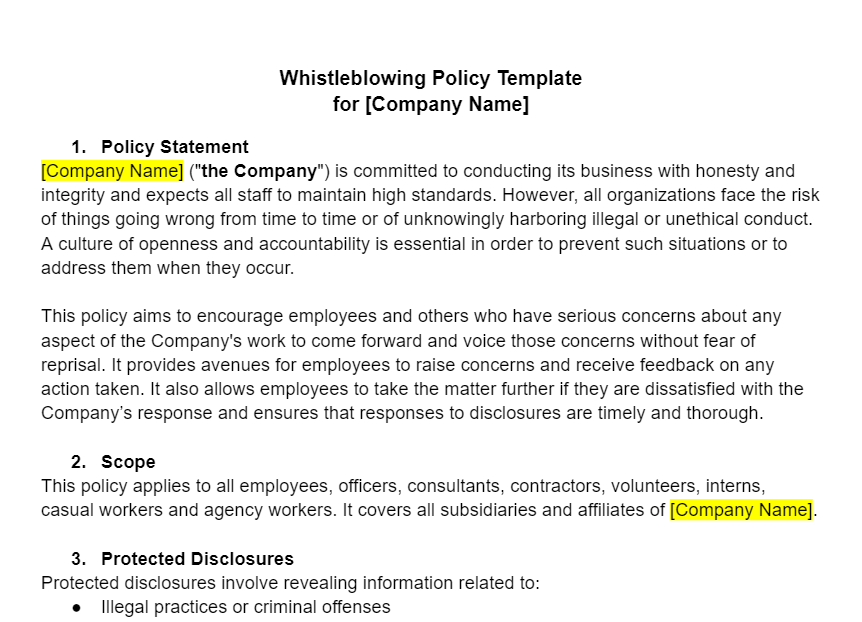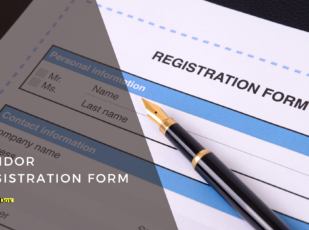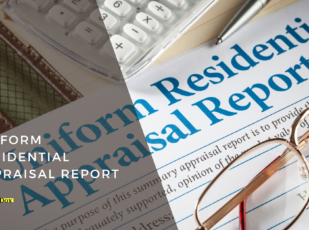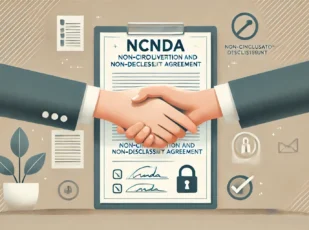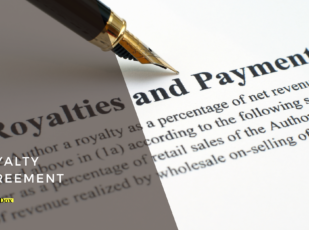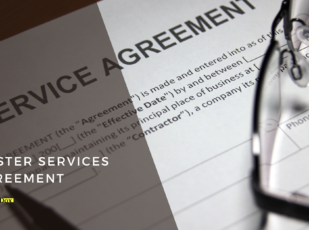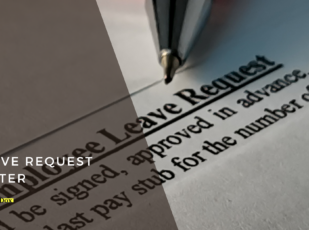
Whistleblowing Policy Template
3 Downloads
Administrative Law
December 8, 2024
Sayantani Dutta
Transparency and integrity are always prioritized in the world of business operations. The foundation for these is all about establishing a trustworthy environment for employees to report unethical behavior. This is where a Whistleblowing Policy becomes indispensable. Today, we are going to talk about this policy and what constitutes a good one—such as the whistleblower protection measures that should be included and what needs to be done in the case of a criminal offence.
We will also discuss the significance of having this policy, the negative impacts of lacking a robust policy, and why getting an exemplary template from FreshDox.com for your Whistleblowing Policy is the best bet. Without further ado, let’s dive right into it!
What is a Whistleblowing Policy?
A Whistleblowing Policy is a formal document that provides a confidential channel for employees to report suspicious activities, misconduct, or unethical behavior within an organization without fear of retaliation.
Generally, such a policy forms the cornerstone of reporting unethical behavior within a company. As the employees are all getting paid by their employer, it places them on a different pedestal where they are afraid to speak out against anyone—ranging from their immediate supervisor or project manager to upper management.
The policy offers guidance to employees on how to report such behavior. Apart from that, it also has clauses on how the investigation process will unfold and the complaints addressed, even if they are against a chief executive.
If an employee witnesses an act that violates the company’s policies or legal obligations, or if it poses a threat to public interest, he or she can use this policy for raising concerns about the same. At the same time, if someone thinks that there has been a miscarriage of justice or violation of a protected disclosure, the policy can be used to bring the issue to light. Basically, all serious concerns can be handled through this whistleblower policy—which states just how important it is to have one in your organization.
Whether it is victimisation by a line manager, the violation of the code of ethics by the board of directors itself, or any other form of whistleblowing concerns that might require external investigators, the policy can be leveraged as a tool at the earliest opportunity to put an end to the violation or malpractice.
Importance of a Whistleblowing Policy
A whistleblowing policy makes sure that there is a way to file anonymous reports against any member of staff or company employee. The aims of this policy range from delivering justice to stopping any breach of conduct. As a result of the policy, an investigation will be carried out with the help of the relevant department (human resources in the case of hiring-related violations, for example), and the outcome of the investigation will make the organization stronger.
Having proper reporting channels, especially against senior management, is critical for any company’s growth. As such, the importance of a whistleblowing policy cannot be overstated. It is the cornerstone of an ethical, safe workplace. It is required to create an environment where employees feel secure in reporting any malpractice or violation. It acts as a helpline for those in need.
This policy not only helps in the early detection and prevention of fraudulent activities but also safeguards the organization’s reputation because having a strong whistleblowing policy means you care about the trajectory of your company above individual interests. In other words, it demonstrates that the company has a commitment to ethical standards and legal compliance.
Without this, not only can there be no disciplinary action against those who are committing folly, but the company will also fail to look professional and reputed.
Consequences of Not Having a Robust Policy
If someone is violating the code of conduct and a report is made against them as per the Public Interest Disclosure Act 1998 or through any other means, it might lead to the termination of employment. But when done without a whistleblower policy that protects the reporter, there could be repercussions to such actions—reprisal by the offended party or their sympathizers who still remain.
So, neglecting to implement a comprehensive Whistleblowing Policy or settling for a substandard template can have dire consequences and hurt employee morale. Why would anyone take a similar step in the future, for example, as the problem nibbles away at the company?
Employees become hesitant to report wrongdoings due to fear of repercussions. This, in turn, leads to unchecked unethical behaviors that can escalate into legal and financial liabilities for the organization down the line. Always remember—the company is bigger than its constituent parts, including the executives, shareholders, and the board of directors.
Furthermore, if you rely on a free, generic template available online, it might not cover specific legal requirements or organization needs. This leaves significant gaps in protection and compliance.
What Makes a Good Whistleblowing Policy?
A well-crafted whistleblowing policy will have some key ingredients—but the actual matter will depend on the organizational structure and the laws of the state. Still, roughly speaking, we can boil down these ingredients to a few.
First of all, the policy will have an objectively defined purpose and scope. It will be clarified, in the very beginning, what the intent of the policy is and where it applies (and where it does not). Next, the policy should also ideally include detailed steps and procedures for reporting any wrongdoing. It will outline clear, confident channels for employees to report concerns, preferably anonymously.
The policy also delineates the protection measures provided to the whistleblower. You have to assure protection against retaliation for those who report in good faith because otherwise, nobody will be using your policy anyway, bringing you back to square one.
Often, the whistleblower policy also covers the investigation process. This means detailing the steps for a fair and thorough investigation of complaints. If the policy only talks about how to report wrongdoing without supplying information on how the investigation process will happen, it is almost as bad as not having a policy, almost.
The roles and responsibilities of all parties involved in the whistleblowing process should also be mentioned to the most practical extent possible.
All in all, a free template is simply not going to be enough. You need a detailed policy that can be customized as per your needs.
Whistleblowing Policy Template from FreshDox.com
FreshDox.com offers a premium Whistleblowing Policy template—meticulously designed to meet the highest standards of compliance and effectiveness. Unlike a free template that will often lack specificity and legal rigor, our template is created by experienced legal professionals who know these matters closely. This ensures comprehensive coverage of all necessary components tailored to your organization’s requirements.
So, what are you waiting for?! Subscribe to FreshDox.com today! As a member, you will gain access to our extensive library of legal document templates, including the Whistleblowing Policy Template. We have a special 14-day trial period that gives you plenty of time to explore the benefits of our Basic and Premium Plans.
Basic Members can download up to three legal document templates per month, while Premium Members enjoy unlimited downloads. The Premium Plan is recommended for the needs of businesses of all sizes, legal professionals, and HR departments.
Our membership plans are designed to save you time, money, and provide the assurance of legal compliance and soundness. Avoid the pitfalls of inadequate policies that can leave your company vulnerable—sign up for FreshDox.com today and craft a robust Whistleblowing Policy with confidence for a transparent, ethical workplace that prioritizes trust and integrity.
Related Templates
Discover more templates that align with your needs and preferences.

Ready to Sign Up?
Sign up for FreshDox.com’s 7-day trial and discover why so many individuals and businesses trust us for their legal document template needs.
- Cancel any time
- 7-day free trial
- From 300+ Customer Reviews

